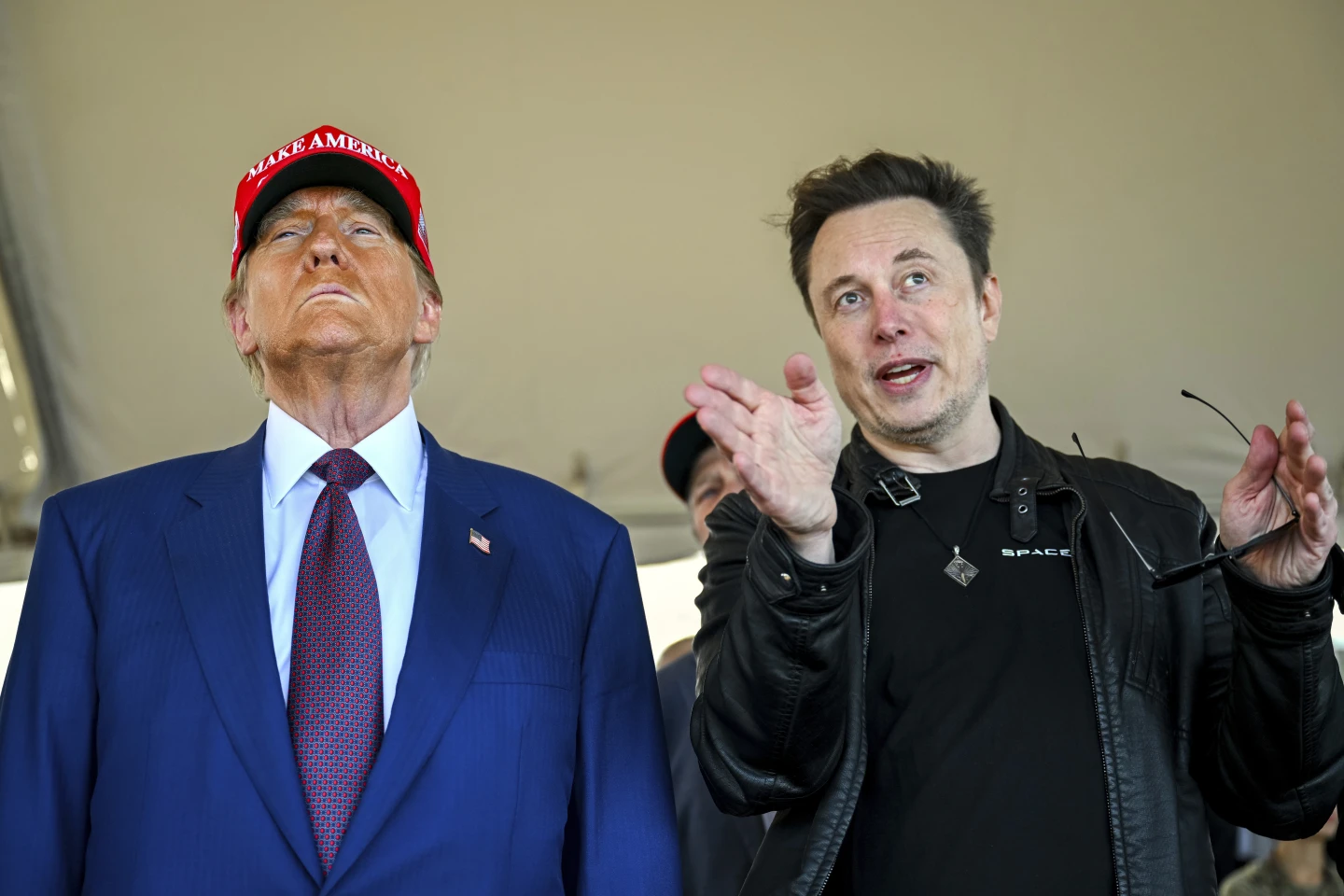The European Central Bank (ECB) has cut interest rates for the third time this year, marking the first consecutive reduction in 13 years, Reuters reports.
This decision reflects the central bank’s shift in focus from combating inflation to fostering economic growth as the euro zone grapples with stagnation.
During a press conference, ECB President Christine Lagarde indicated that inflation in the euro zone is becoming increasingly manageable.
“We believe the disinflationary process is well on track, and all the information we received in the last five weeks were heading in the same direction – lower,” she stated.
The ECB’s recent assessment highlights “recent downside surprises” in economic activity, leading to the rate cut.
The quarter-point reduction lowers the rate that the ECB pays on bank deposits to 3.25%. Money markets now predict three additional cuts by March. Despite this easing, the ECB refrained from signaling future moves, maintaining its commitment to make decisions based on incoming data.
Recent economic data has shown that business activity and sentiment surveys have fallen short of expectations, contributing to the ECB’s decision. Lagarde emphasized that any potential trade obstacles, particularly if Donald Trump wins the upcoming US presidential election, would pose risks to Europe’s open economy. Additionally, the ECB remains cautious regarding possible oil price fluctuations due to ongoing conflicts in the Middle East.
While the ECB has largely contained inflation, which rose by just 1.7% last month—below its 2% target for the first time in three years—economic growth remains weak. High interest rates have dampened investment and overall growth in the euro zone, which has lagged behind the United States for two years. Recent data on industrial output and bank lending suggests continued sluggishness in the economy.
Although the labor market has shown resilience, signs of strain are emerging, as vacancy rates decline from record highs. This situation has led to calls within the ECB for policy adjustments to prevent further economic deterioration. Portuguese central banker Mario Centeno warned about the risks of undershooting target inflation, which could further stifle growth.
Lagarde reiterated the need for European politicians to implement “ambitious” reforms to enhance the region’s productivity, competitiveness, and resilience, addressing structural issues such as high energy costs and low competitiveness in key industrial sectors like Germany.









